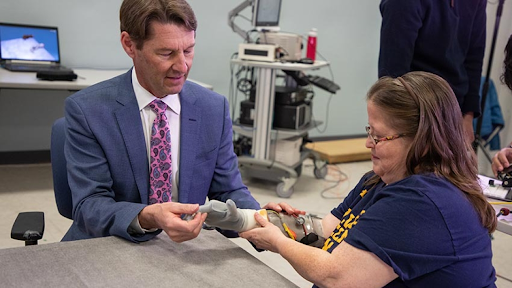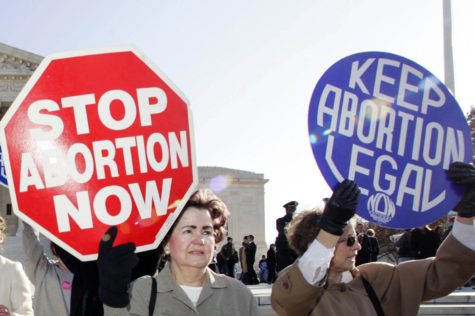Who’s Responsible For Childhood Obesity?

February 15, 2023
In a world growing increasingly conscious of cultural and societal shortcomings, an issue seemingly talked less and less about is that of childhood obesity. Affecting almost 20% of children ages 2-19 according to the CDC, it seems as if it is increasingly more common for a child to be obese, leading to a lifelong slew of health problems. When talking about the dangers of childhood obesity, many tend to not think about the cause of such an issue. When thinking about an unhealthy child born healthy, and in the case of childhood obesity, most, if not all of the responsibility for childhood obesity should fall on the parents of the obese children.
The primary cause of most childhood obesity cases in the U.S. lies in the lifestyle that parents let their kids live.According to the Mayo Clinic, the 3 primary causes of childhood obesity are the children’s diet, a lack of exercise, and family factors. The diet of a child is contingent on the foods provided to them by their parents. Higher calorie, unhealthy foods lead to an increased risk for childhood obesity. Add a lack of exercise to a poor diet at growing ages, your child is exponentially more likely to become obese. Lastly, as Dr. Galti, a liver specialist from Houston, TX puts it, the part that “Most physicians do not have the spine to tell,” is that if a child comes from an obese family, and is given unhealthy foods in an environment that does not encourage physical activity, “You’re all in trouble, you’re all going to die early.”
On the contrary, however, some parents of obese children may have had a lack of awareness. The American Academy of Pediatrics, or AAP, has just recently released new guidelines on childhood obesity this month, the first time updating these guidelines since 2007. Up until that point, the standard of practice for monitoring potential childhood obesity was observing, and hoping the child would simply outgrow it. In turn, some of the blame could be placed on the AAP for not taking proper action sooner to notify parents of how to avoid childhood obesity. The new guidelines from the AAP repeatedly mention new cultural stigma related to weight and recommending, as Channel 16 ABC puts it, a “comprehensive approach” to treatment for the children. And while body positivity should continue to be preached in society, the point still stands; Parents are the primary responsibility for their children being obese, and something needs to be done to shed a light on obesity in America today, so the country as a whole can be healthier and live longer.







































